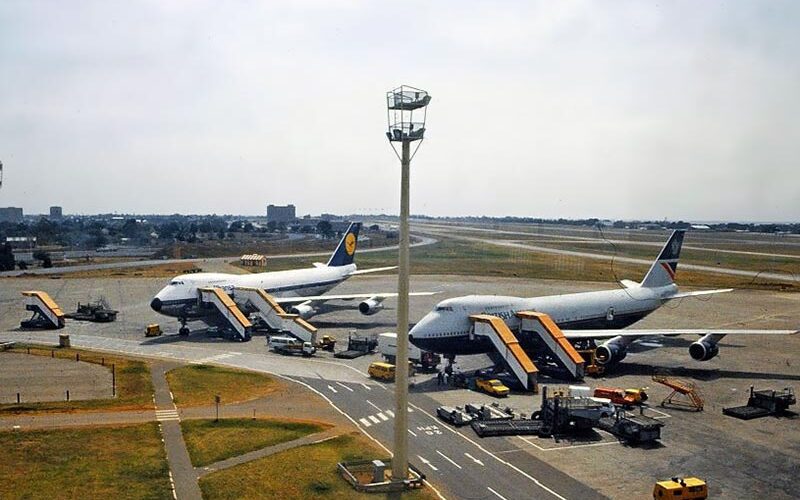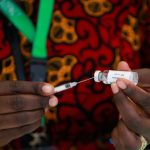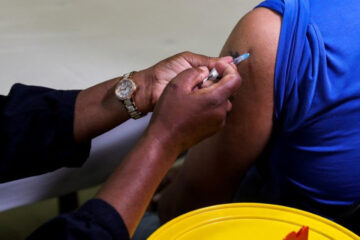SOUTH Africa has reduced the number of countries on its high-risk COVID-19 list by more than half to 22 from 60, the government has announced, although Germany was among the notable additions to the register.
The only people from high risk countries allowed entry are business travellers, holders of critical skills visas, investors and people on international missions in sports, arts, culture and science, or people visiting for a minimum of three months.
South Africa opened its borders to international travellers at the beginning of October after a six-month ban that hit tourism and the broader economy hard. The initial list included a number of key sources of tourists, drawing criticism for experts.
The government has said it would revise the list of banned countries every two weeks. The latest list still includes the United States, the United Kingdom, France, Belgium and Spain among European countries, as well as Russia, Brazil and India.
The government did not explain the reasons behind the addition of Germany. The number of confirmed coronavirus cases in Germany increased to 366,299 according to data on Monday. Although less hard hit than much of Europe, Germany is now experiencing a second wave of infection.
Statistics South Africa data for July published last month showed a 94.4% year-on-year drop in foreign arrivals. There were 484 arrivals from overseas, with European travellers accounting for more than half of that number.
In a statement the Department of Home Affairs said it would allow visitors who intended to stay in the country for three months or more, subject to COVID-19 protocols which include a negative coronavirus test not older than 72 hours. – Thomson Reuters Foundation.














